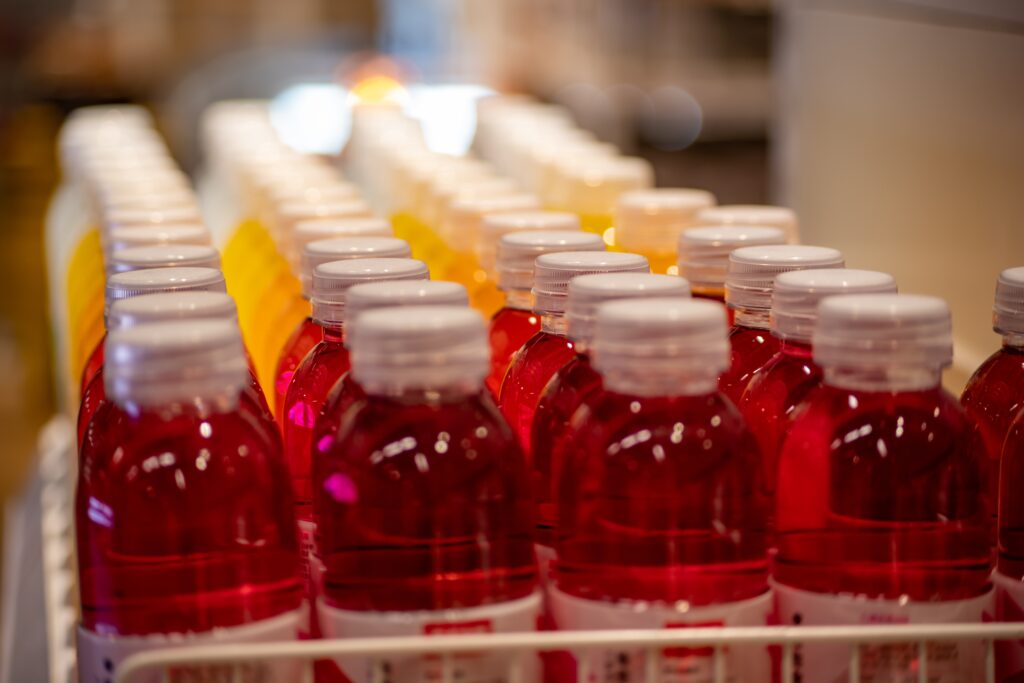Colourful cans promising “calm” and “focus” have become a familiar sight on supermarket shelves, with functional beverages booming in popularity. These drinks, often infused with ingredients such as ashwagandha, lion’s mane mushroom, L-theanine, magnesium, and CBD, claim to boost mood, reduce stress, and sharpen focus. But how much of this is science – and how much is clever branding?
The global market for functional drinks is projected to reach €212bn by 2030, fuelled by a growing wellness culture and a shift away from alcohol, particularly among younger generations. “In a world that feels increasingly fast-paced, the idea of a quick, drinkable fix is very attractive,” says dietitian Nicolle Cucco. “Add social media, clever branding, and rising levels of stress and anxiety, and you have an explanation for the growth in demand.”
Some ingredients do show promise. Ashwagandha and L-theanine have been linked to reduced stress and better attention in small trials, while magnesium can help if a person is deficient. But the evidence is limited, and results vary. This hasn’t stopped bold marketing – often crossing into controversy. In July, UK regulators banned an advert from TRIP for implying its drinks could reduce stress and anxiety, ruling that such claims were unsubstantiated.
Experts warn that the placebo effect plays a significant role. “Simply believing a drink will help you relax can genuinely change how your brain perceives stress,” Cucco explains. That doesn’t make the drinks useless, but it does blur the line between genuine effect and expectation.
The functional beverage trend has been turbocharged by influencer marketing, with wellness figures promoting products like TRIP, Huel, and Athletic Greens on TikTok and YouTube. While generally safe in moderation, experts caution that these drinks are no substitute for medical treatment and should not be relied on for managing serious conditions such as anxiety disorders or ADHD.
“Consumers should pause, look beyond the marketing, and do some research before deciding what to buy,” Cucco says. “Some ingredients may be beneficial, others less so, and understanding what you’re putting into your body is the wisest approach.”
For now, functional drinks may offer flavour, a lifestyle boost, and perhaps a little placebo-powered calm – but they’re not the miracle fix their marketing suggests.



